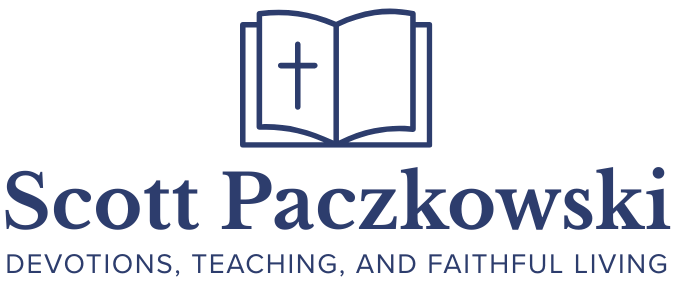An Expression of Bosnian Courage
My daughter is demanding. She sends me book titles and doesn’t ask me to read her recommendation, but demands I get started immediately. When she said, “You have to read The Quiet Librarian, and now!” and called instead of texting, I knew she thought this book was special. She continued by telling me the main character was a Bosnian immigrant woman who now lives in Minnesota. I was hooked.
We moved to Iowa in 1999 and quickly made friends with individuals from the substantial Bosnian community in Waterloo. Bosnian families had come over in the early 1990s and were well established by the time we arrived. My daughter was starting 3rd grade and had Bosnian friends. High school was more challenging because everyone had their cliques, and the groups separated themselves by sports, language, ethnicity, and many other variables. Over fifteen years after high school graduation, I know my daughter wishes young people would have tried harder to learn more about one another and cross those invisible boundaries more often. She also believes local schools could have provided more education to the students regarding the experiences of immigrant groups in their schools.
After Hannah started reading The Quiet Librarian, she told me she didn’t realize how horrible the war was and how much the Bosnian people suffered. Kids tend not to talk about uncomfortable situations, especially regarding their parents. Also, kids tend not to pay attention to current events and history, but when they grow up, they appreciate what was happening around them. The Quiet Librarian goes back and forth between the contemporary setting in Minnesota and the librarian’s story when she was in Bosnia. Some of the story is graphic, but it is a necessary part of the story.
I did not create the website and include the Book Recommendations in my “Articles” section to focus on fiction literature. Still, Allen Eskens’ novel was well-written and speaks to our larger community. Many Bosnian immigrants came out of the camps and struggled with painful circumstances. Their perseverance and dedication to family and renewal are inspiring. Enjoy the fictional novel, but feel the pieces of truth that underlie the story. Invite God into the story, to begin asking how injustice and inequality occur in our lives and how we are called to bring healing to a broken world. Let me know what you think of Eskens’ novel.


